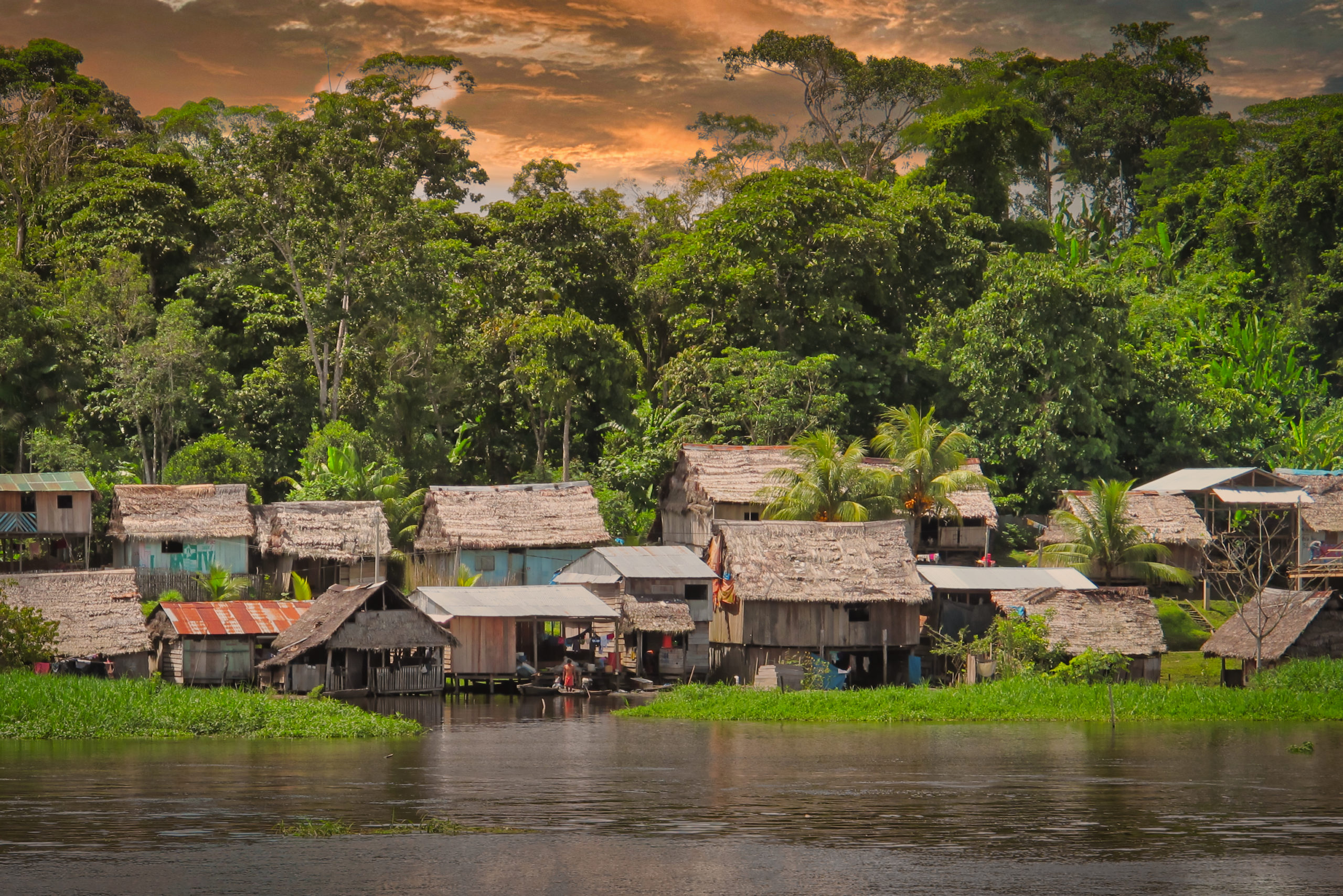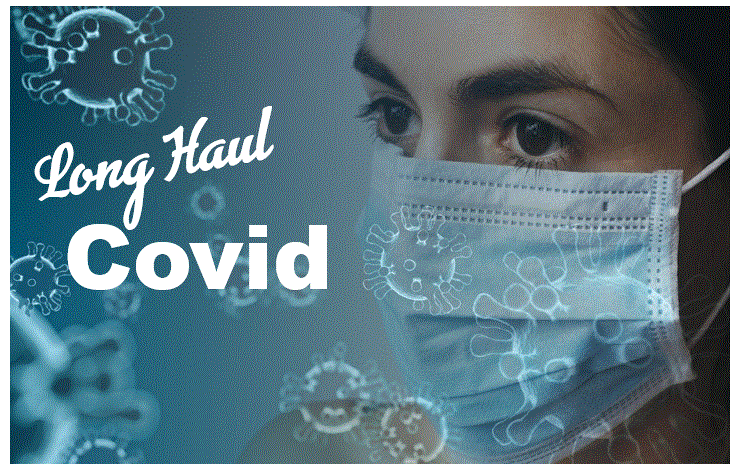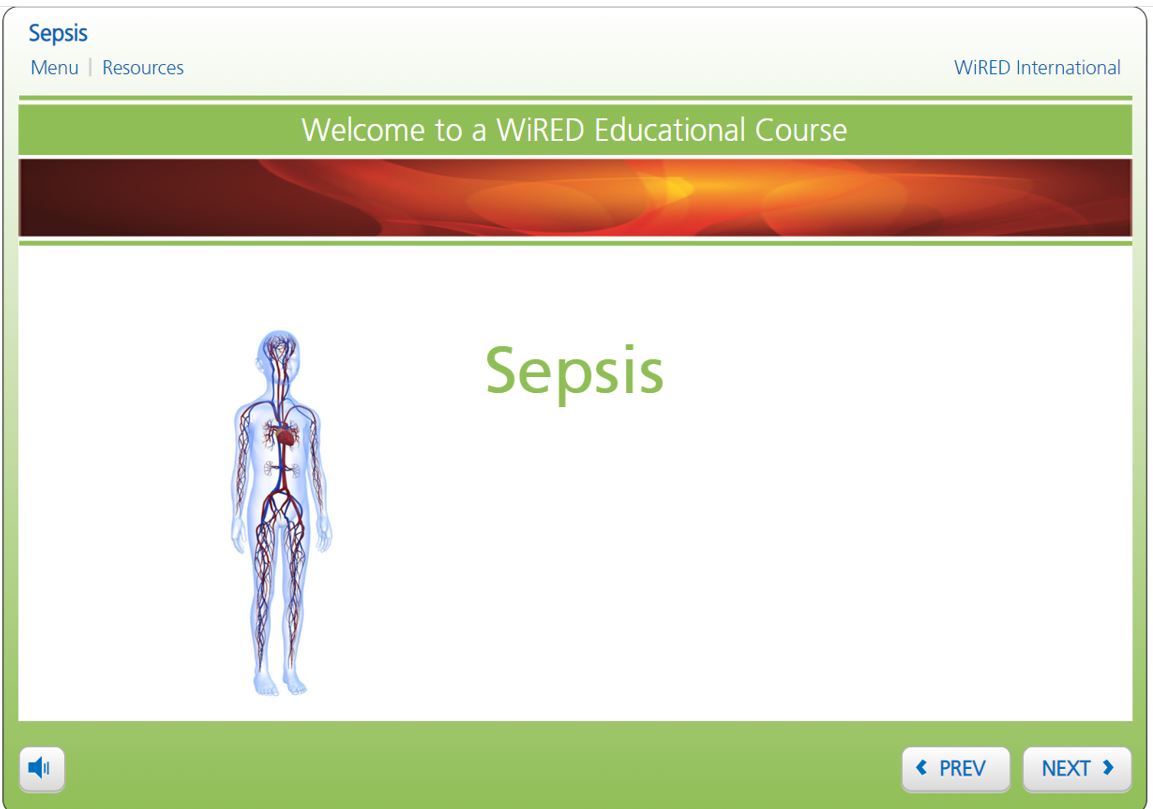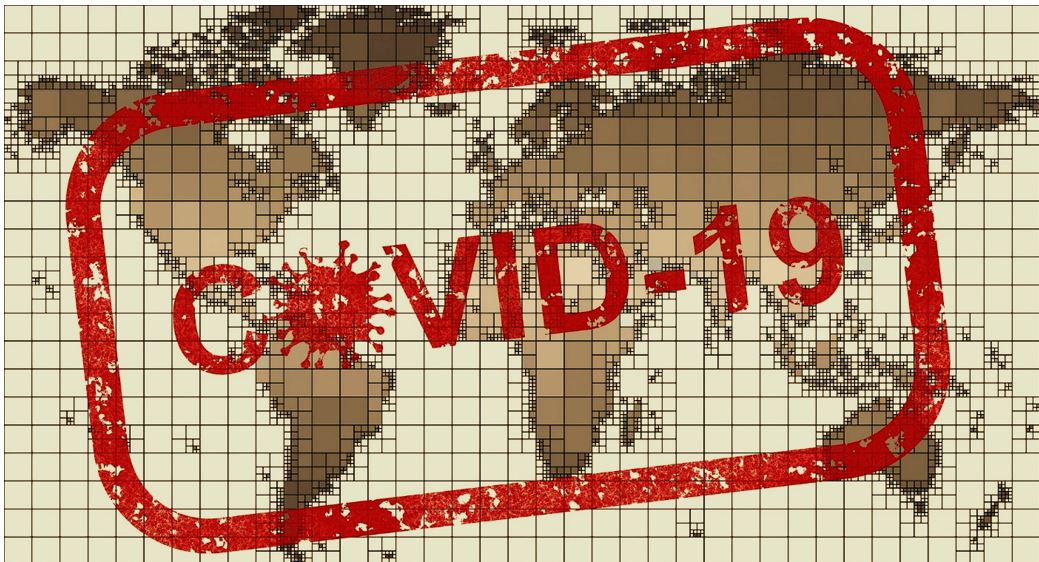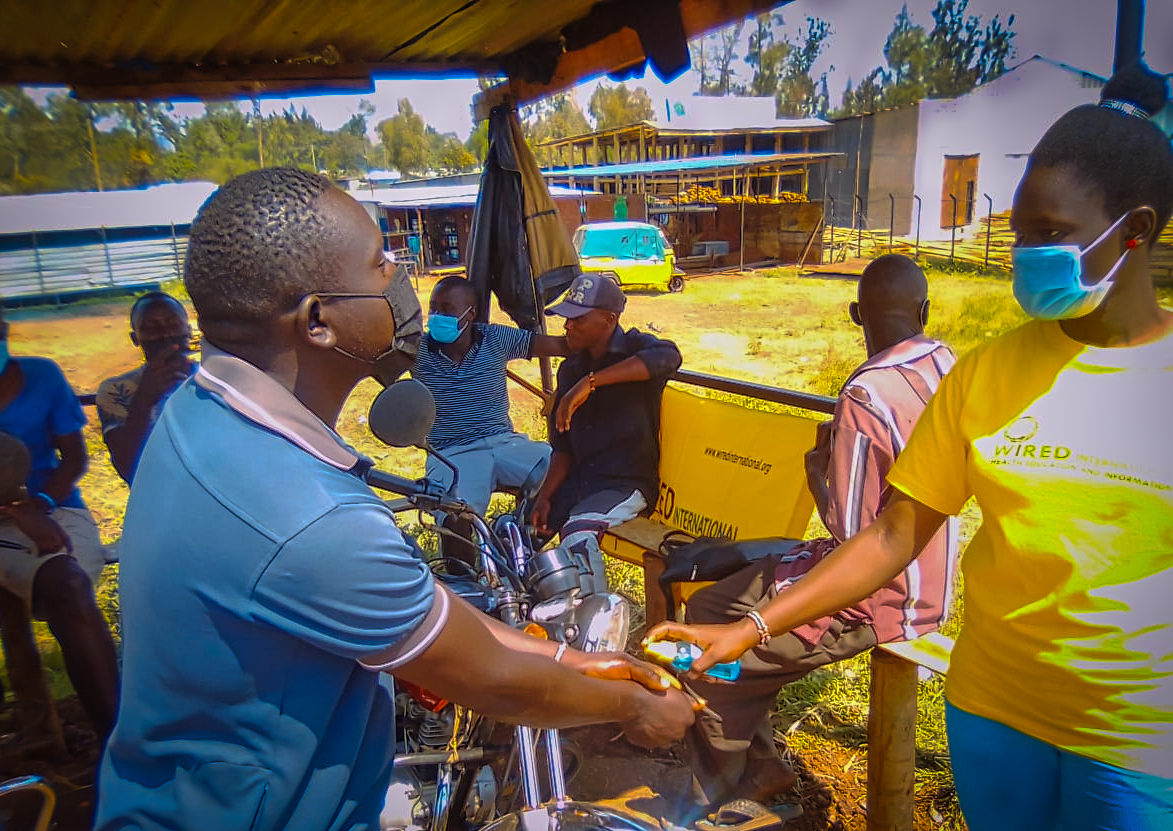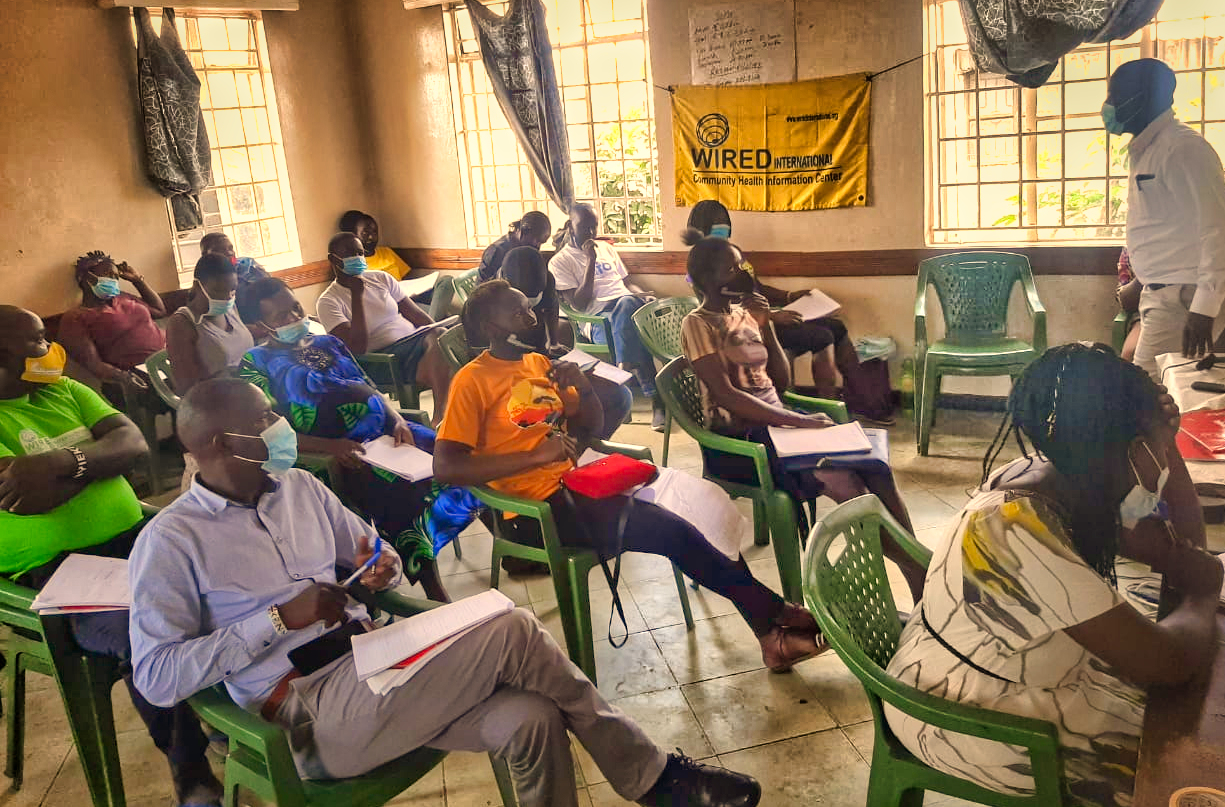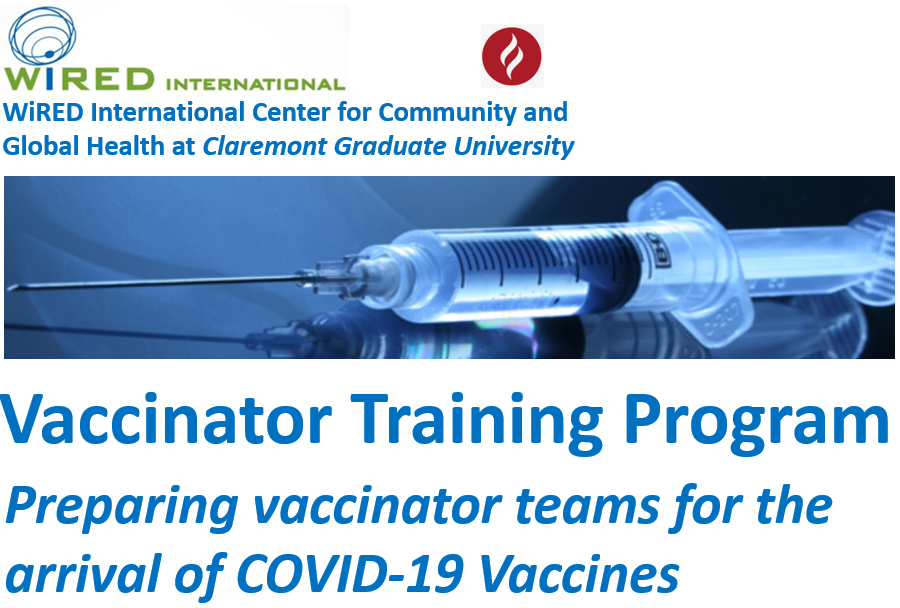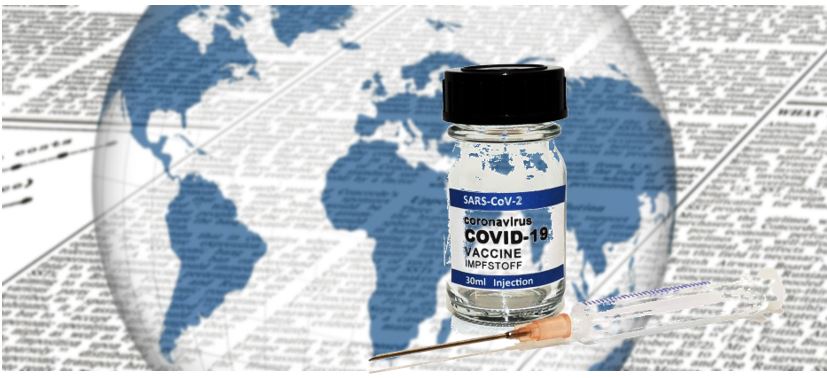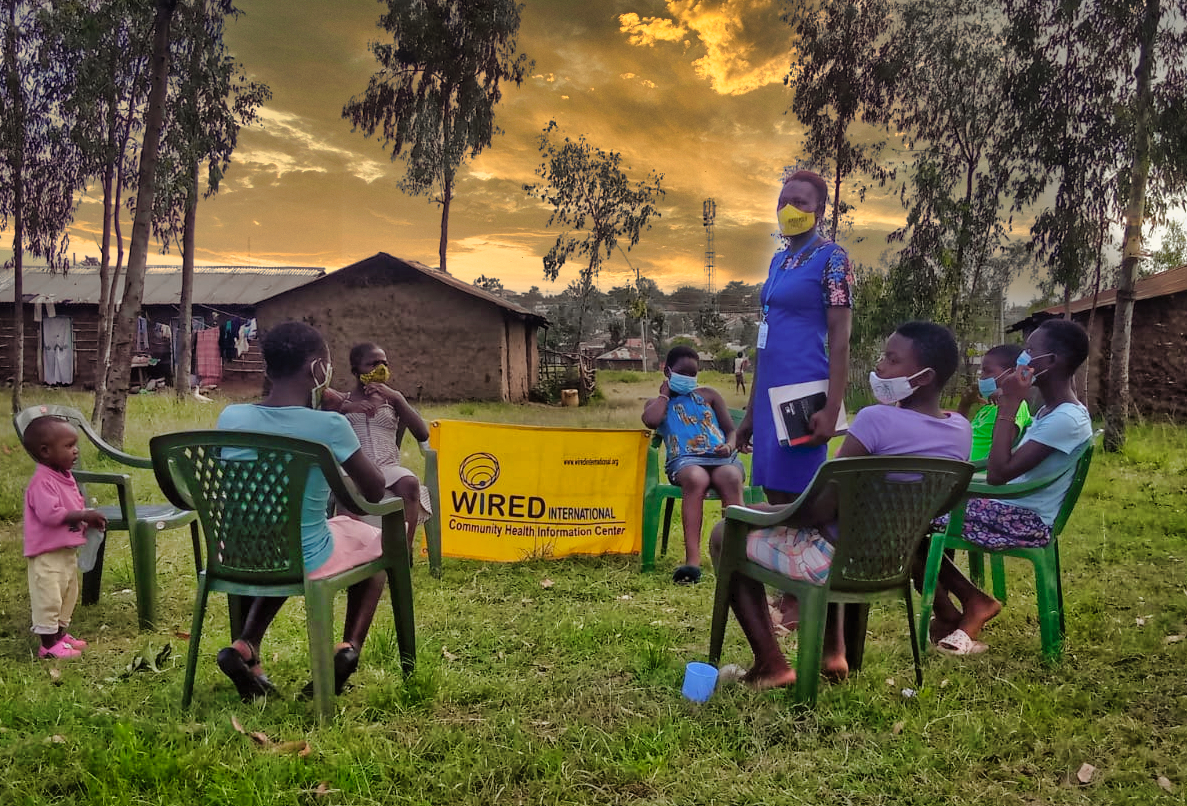Dengue Infections on the Rise
Posted onThe double punch of COVID-19 and dengue outbreaks is endangering health care in dengue-endemic countries such as Brazil, India, Vietnam and the Philippines.
The overlapping of the two diseases presents a challenge for accurate diagnosis and treatment because both infections initially share similar symptoms. Dengue programs have been halted in many countries as efforts are focused on stopping COVID-19. Funds for dengue routine vector control and mosquito netting have decreased during the COVID-19 pandemic. Hospital beds are in short supply.

